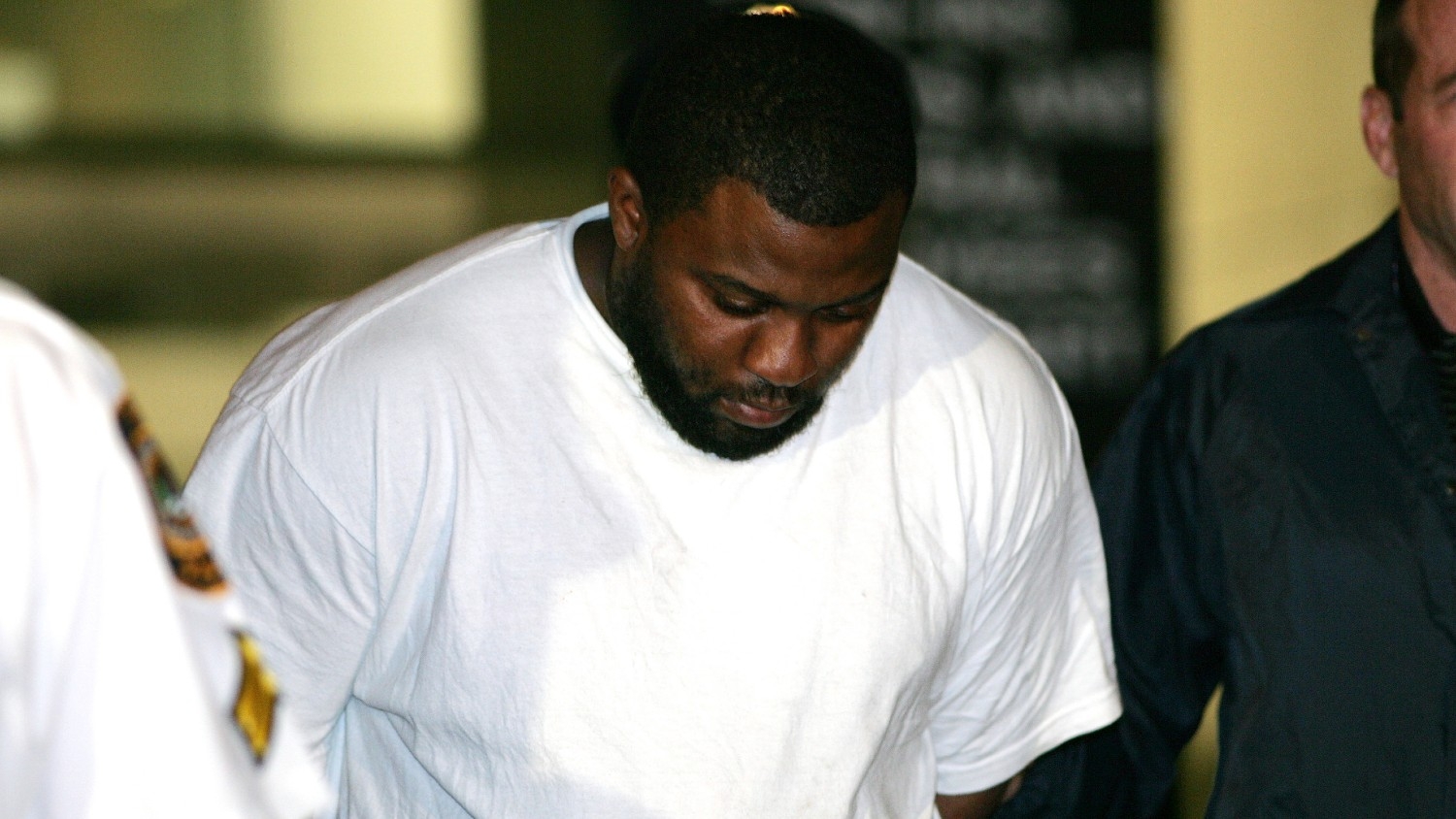US judge orders release of three 'Newburgh Four', says FBI 'invented conspiracy'

A US federal judge has ordered the release on compassionate grounds of three men convicted in a case that became known as the "Newburgh Four", in a severe rebuke of the FBI's use of an informant in an "unscrupulous" operation to persuade the men into committing a violent plot to blow up synagogues and shoot down National Guard planes.
In a scathing rebuke against the FBI, US District Judge Colleen McMahon said that the men - Laguerre Payen, Onta Williams, and David Williams - were "in reality, hapless, easily manipulated and penurious petty criminals".
The fourth individual, James Cromitie, did not seek compassionate release and is expected to serve until 2030. However, his lawyer told the Associated Press she plans to speak with him about pursuing similar action on his behalf.
McMahon's 28-page ruling, released on Thursday, went on to say that all four men were caught up in a 2009 plot that was driven by Shahed Hussain, a confidential informant described by the judge as "unsavory", and overzealous FBI agents.
The judge granted compassionate release to the three men and reduced their sentences to the time they have already served plus an additional 90 days, down from the original 25-year sentence imposed on the men in 2011.
Stay informed with MEE's newsletters
Sign up to get the latest alerts, insights and analysis, starting with Turkey Unpacked
"The real lead conspirator was the United States," McMahon wrote.
"Nothing about the crimes of conviction was of defendants' doing. The FBI invented the conspiracy."
The US Attorney's Office for the Southern District of New York and the FBI declined to comment on the ruling.
"While the FBI has consistently concocted 'terrorism' plots to entrap unsuspecting community members, this case was one of the most egregious and exploitative, for the reasons summarized by Judge McMahon," said Amith R Gupta, part of a group of lawyers representing Payen and the two Willamses, who are not related.
"The informant took advantage of extreme poverty and there was little to no evidence that our clients - rather than the informant - initiated any discussion about violent activity," Gupta told Middle East Eye.
He added that the case is an example of the US government's practice in which it "manufacture[s] terrorism threats at the expense of the most vulnerable members of our society in order to justify its still-ongoing war on terrorism".
'Trolling for terrorists'
Payen, Cromitie, and the Williamses were arrested in 2009 on charges including "conspiracy to use weapons of mass destruction". They were later convicted in 2011 and sentenced to 25 years in prison.
Their arrests came during a heightened period of cases in which the FBI and the US government arrested individuals alleged to be involved in committing "terrorist" plots within the United States.
The US government portrayed Cromitie as the ringleader of a "chilling plot", and a court complaint described him as a man seething with anti-American and antisemitic sentiment, eager to translate those feelings into bloody action.
They were arrested in Riverdale, a residential neighbourhood in the Bronx area of New York City, after allegedly planting bombs that were, in fact, packed with inert explosives supplied by the FBI.
The defendants' lawyers soon raised concerns about entrapment - a legal defence arguing that people were persuaded into committing an illegal act that they would not have committed without the involvement of law enforcement.
The defence lawyers said Hussain, the federal informant, tried to stir up the men with rhetoric and went on to choose the targets and provide the fake bombs and missiles for the defendants.
Judge McMahon lambasted the US government for sending "a villain" of an informant "to troll among the poorest and weakest of men for 'terrorists' who might prove susceptible to an offer of much-needed cash in exchange for committing a faux crime".
Kathy Manley, a lawyer representing Payen, said the ruling was "a great decision and I'm really happy that it finally happened".
Manley said that the judge's ruling may also help in other similar cases in which a confidential informant was used to convince individuals of committing violent plots on US soil.
"Maybe we can also use this decision - even though this case was unique - maybe we can use some aspects of this decision to hopefully help get other people out," said Manley.
Middle East Eye delivers independent and unrivalled coverage and analysis of the Middle East, North Africa and beyond. To learn more about republishing this content and the associated fees, please fill out this form. More about MEE can be found here.





